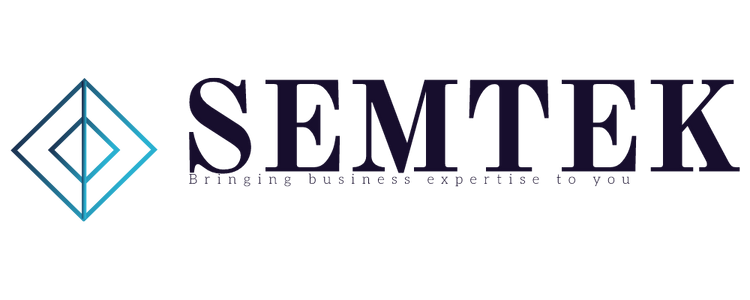1 – Diffbot Raises $10M Series A to Become Leading Arms Dealer in Coming AI Wars
Palo Alto-based Diffbot, one of the only profitable AI companies worldwide, raised another $10 million in Series A funding to build an autonomous AI that can sift through and synthesize information into the Global Index, a database of knowledge that surpasses Google’s Knowledge Graph with more than 1.2 billion objects. The funding was led by Tencent and Felicis Ventures, with a number of other reputable contributors including Bill Lee, Georges Harik, and Amplify Ventures. Ayden Senkut of Felicis Ventures gave his perspective on the importance of this AI:
“To understand Diffbot’s value in that context: they’ve invented a drill and pump while everyone else is digging with spoons and straws.”
Diffbot uses a combination of AI technologies to recognize, read, understand, and monitor web pages and other related components, like articles and pictures, which it then categorizes and archives in the Global Index.
(Read the full article on Diffbot News)
2 – Fetch! New Microsoft Garage App Uses Artificial Intelligence to Name That Breed
Microsoft has released another playful app that demonstrates the increasing development of its machine learning technology. Fetch! for the iPhone uses object recognition to identify and classify dog breeds; the technology can also give suggestions on which human personalities fit which dog breeds (and even “guess” at what kind of dog a person might be). If users photograph something other than a dog, the app will respond with “No dogs found” and make an inference as to what the object is. The AI is powered by neural networks that “learns” more about the dog breed over time, after being exposed to a swath of images.
(Read the full article on Microsoft News)
3 – Faster Than Thought: DARPA, Artificial Intelligence, & The Third Offset Strategy
DARPA is working with some of the top AI engineers and scientists in the world to develop systems that can help humans make better sense of the overwhelming amount of data available on the internet. This human-machine collaboration dubbed the centaur model is the Defense Department’s answer to countering security attacks by Russia, China, and other probing countries, in what is known as the Third Offset Strategy. This is especially important when it comes to military and cyber security activities. One project, known as High Assurance Cyber Military Systems (HACMS), uses formal mathematics to find and close cyber gaps; while the systems are not yet “unhackable”, so far they’re the closest thing our government has to keeping out any unwanted parties.
(Read the full article on Breaking Defense)
4 – Artificial Intelligence Offers a Better Way to Diagnose Malaria
A new AI-automated microscope, the Autoscope, has been introduced that is more reliable than most humans in identifying malaria parasites. Intellectual Ventures Laboratory developed the Autoscope with support from Bill and Melinda Gates through the Global Good Fund. Auroscope was first tested at the Shoklo Malaria Research Unit on the border of Thailand and Myanmar during December 2014, with results published in December 2015. The microscope is built with an attached laptop that runs a deep learning algorithm to analyze images; to date, it has a 90 percent accuracy rate in identifying malaria parasites.
(Read the full article on MIT News)
5 – Artificial Intelligence Market by Technology, Global Forecast to 2020
According to a newly released research report, the AI market is forecasted to leap from USD 419.7 million in 2014 to USD 5.05 billion in 2020, with an annual growth rate of 53.65 percent. Machine learning technology is forecasted as the primary driver in this growth spurt, based on an increase in demand for AI across industries, especially in the media, advertising, finance, and retail sectors. Eight out of 10 profiled key players are based in the U.S. and include IBM, Microsoft, Google, IPsoft, and Rocket Fuel, Inc. The report is based on secondary research as well as extensive interviews with key individuals in the market.
(Read the full article on Research and Markets)
Image credit: MIT News
- Home page
- Content Marketing
- Digital Marketing Strategy
- Digital Marketing Strategy
- Digital Marketing Strategy
- PPC
- SEO
- Social maketing
- WordPress web development
- Data science


